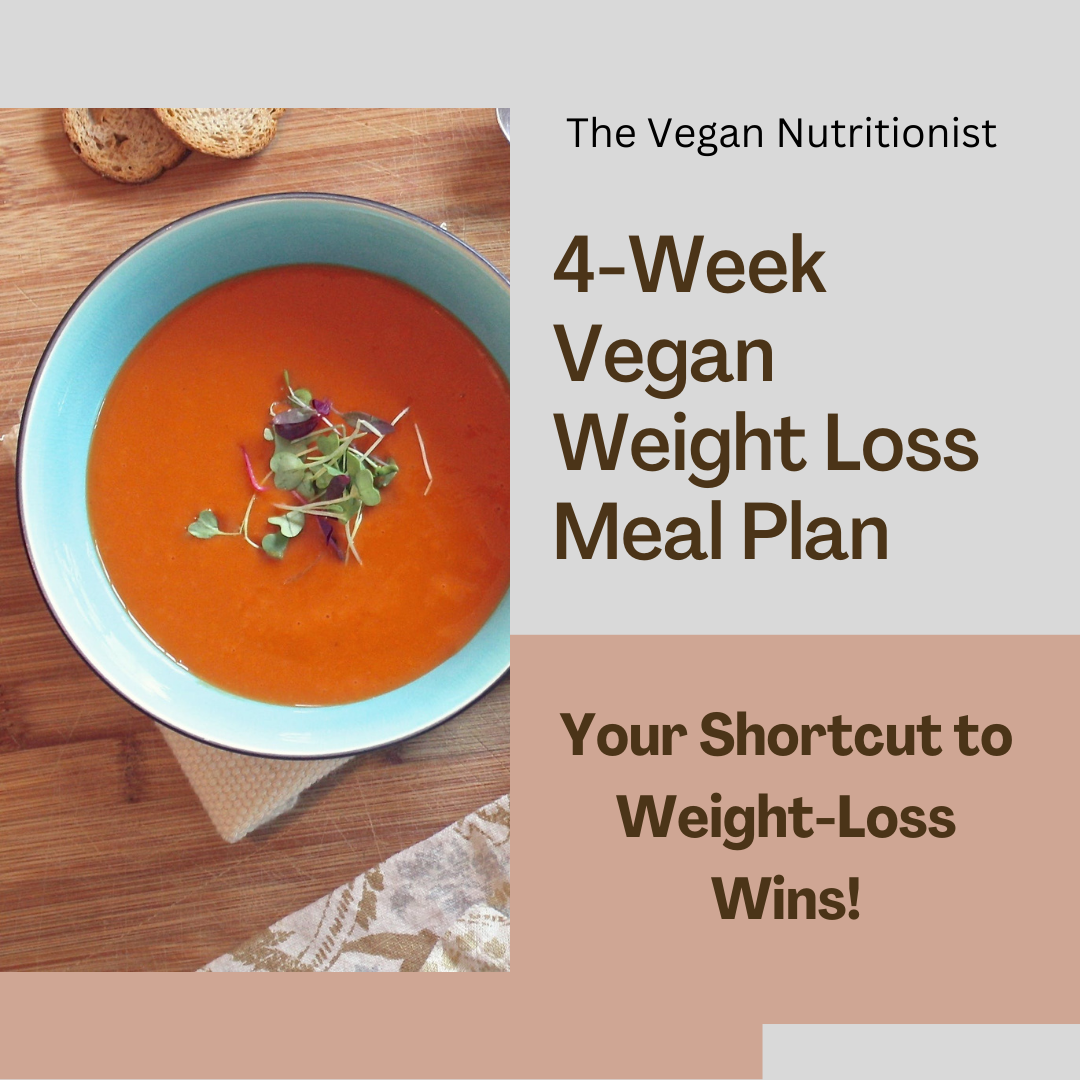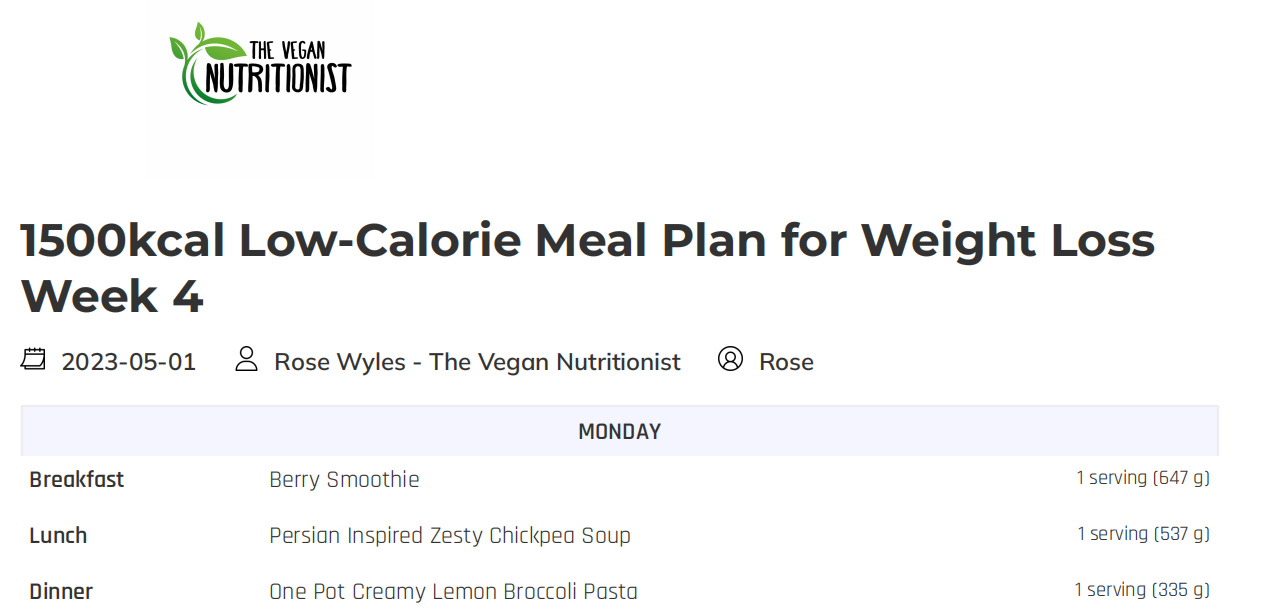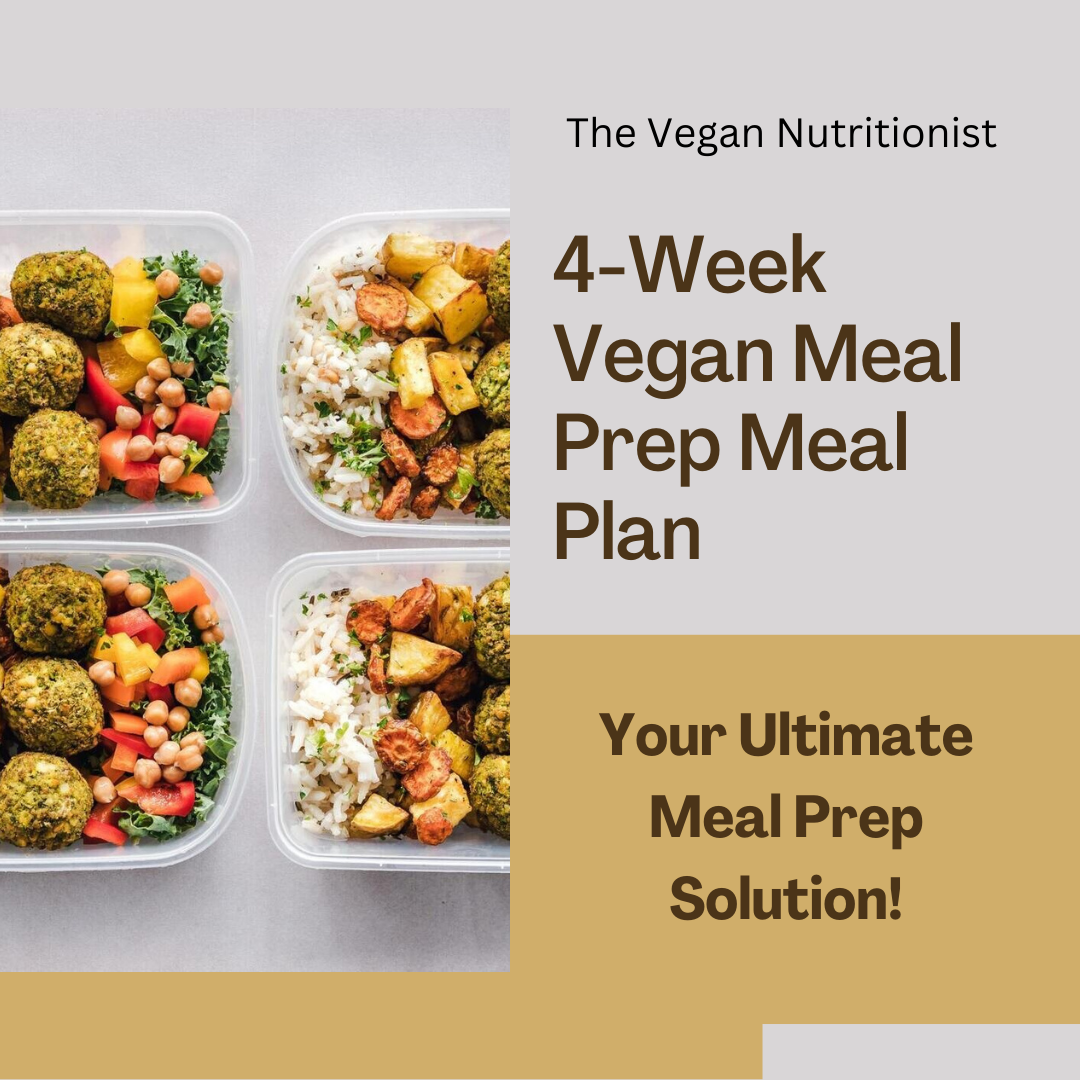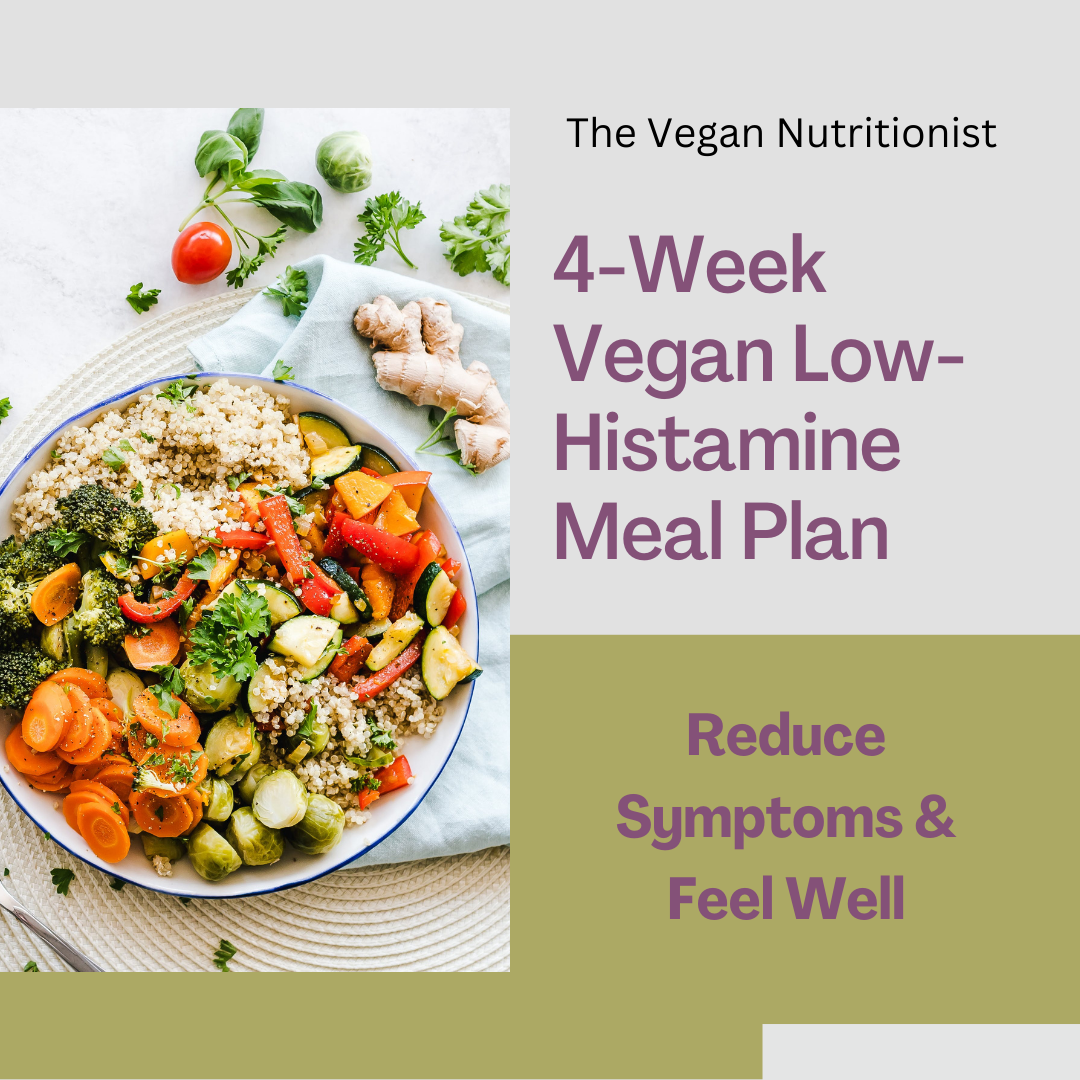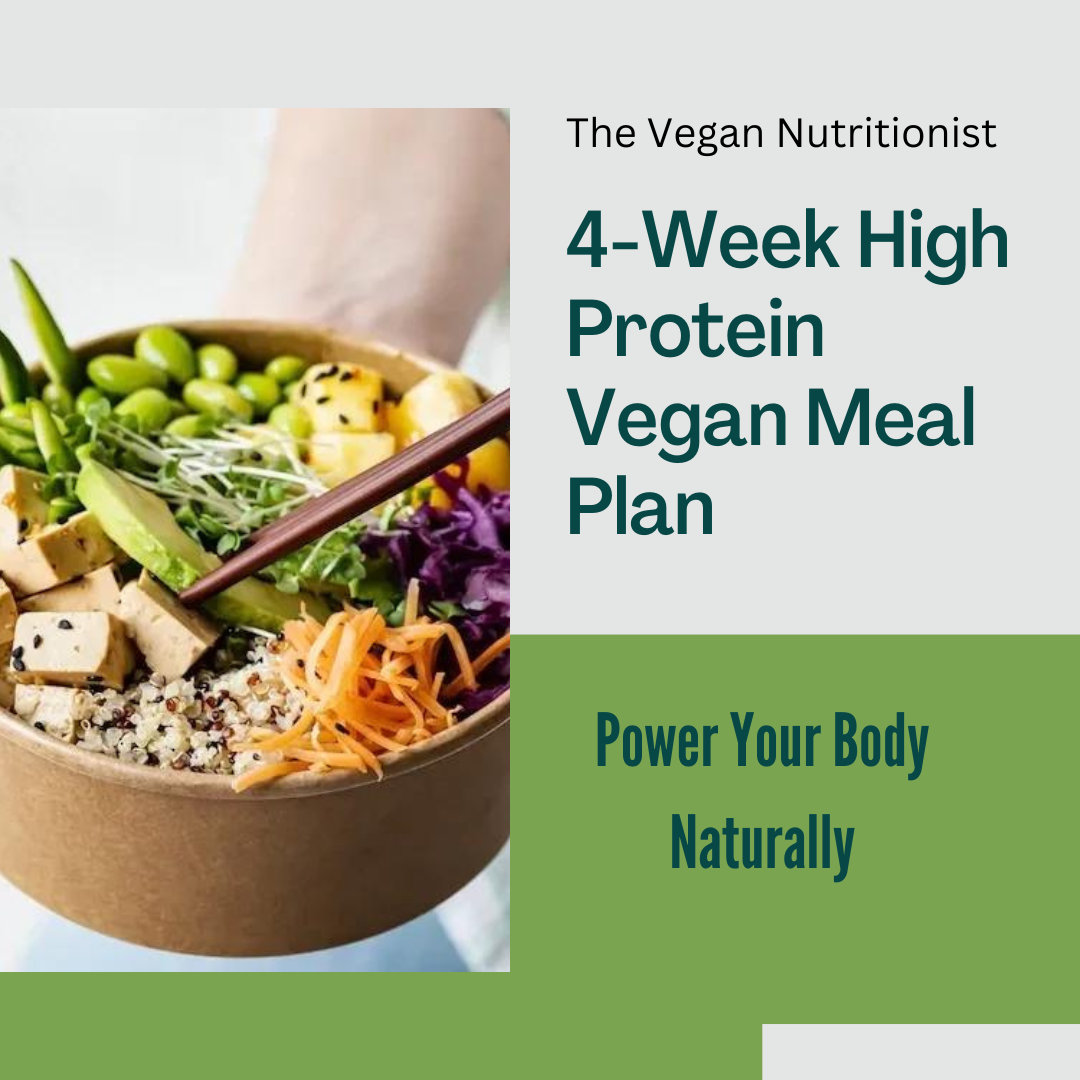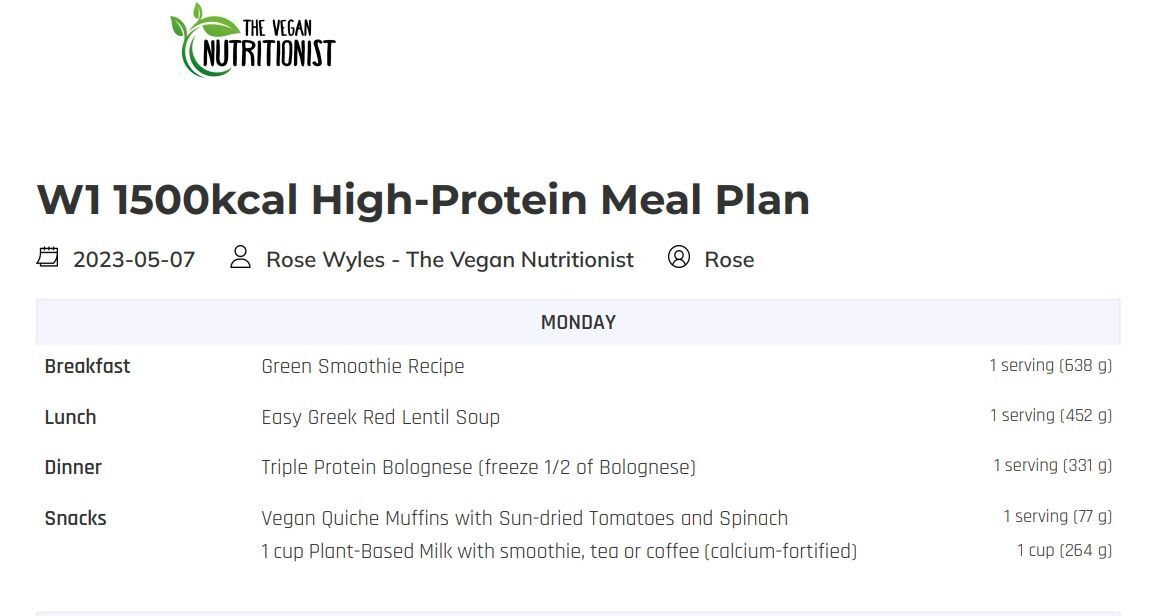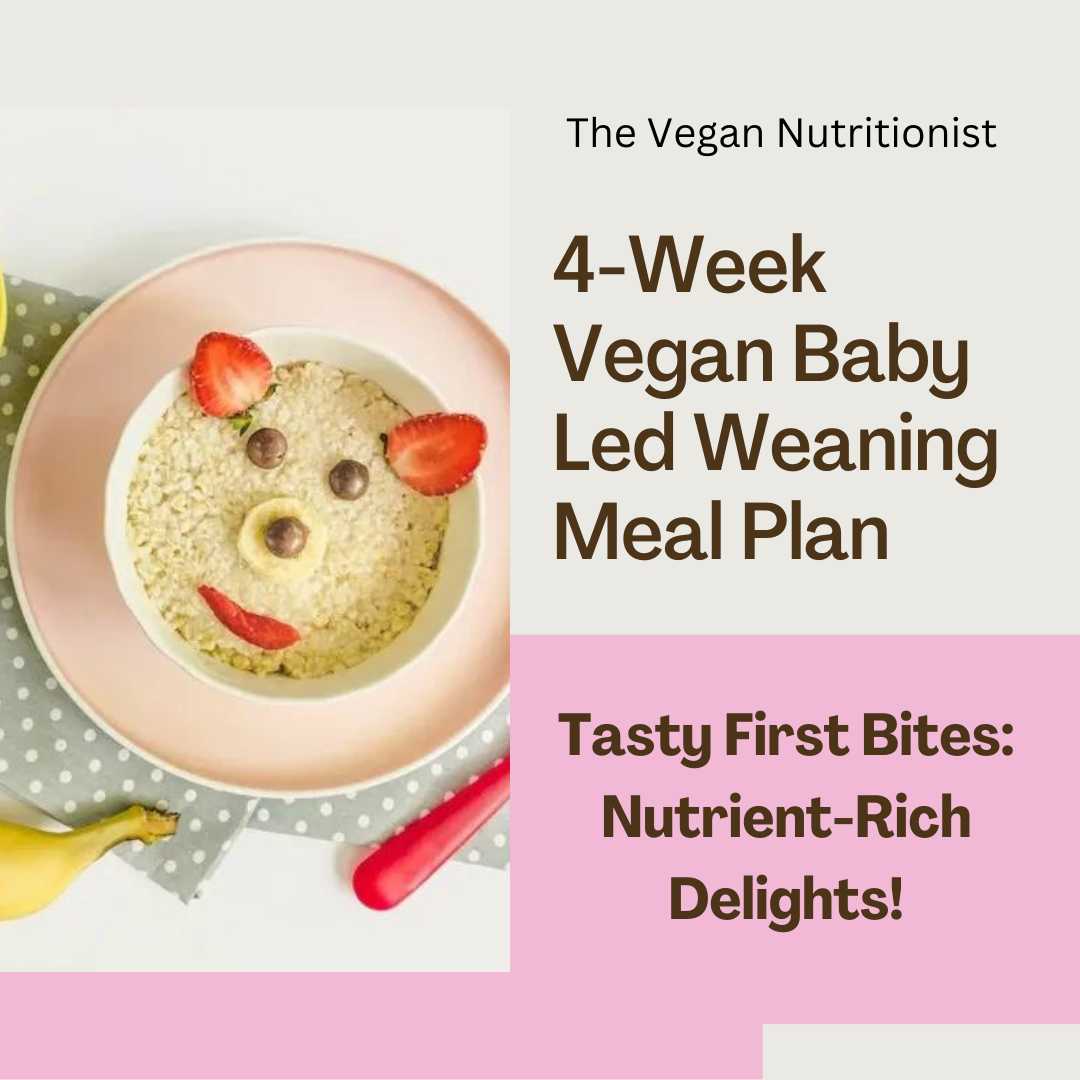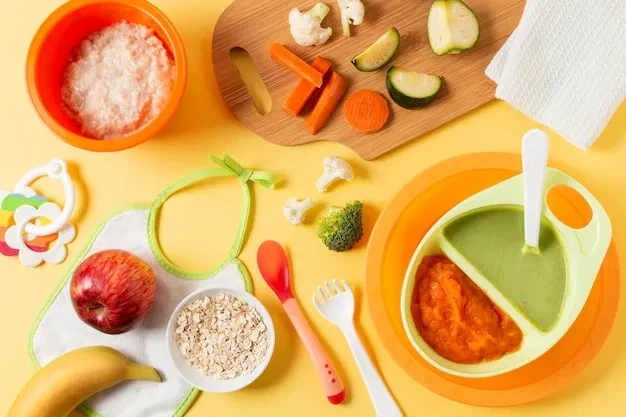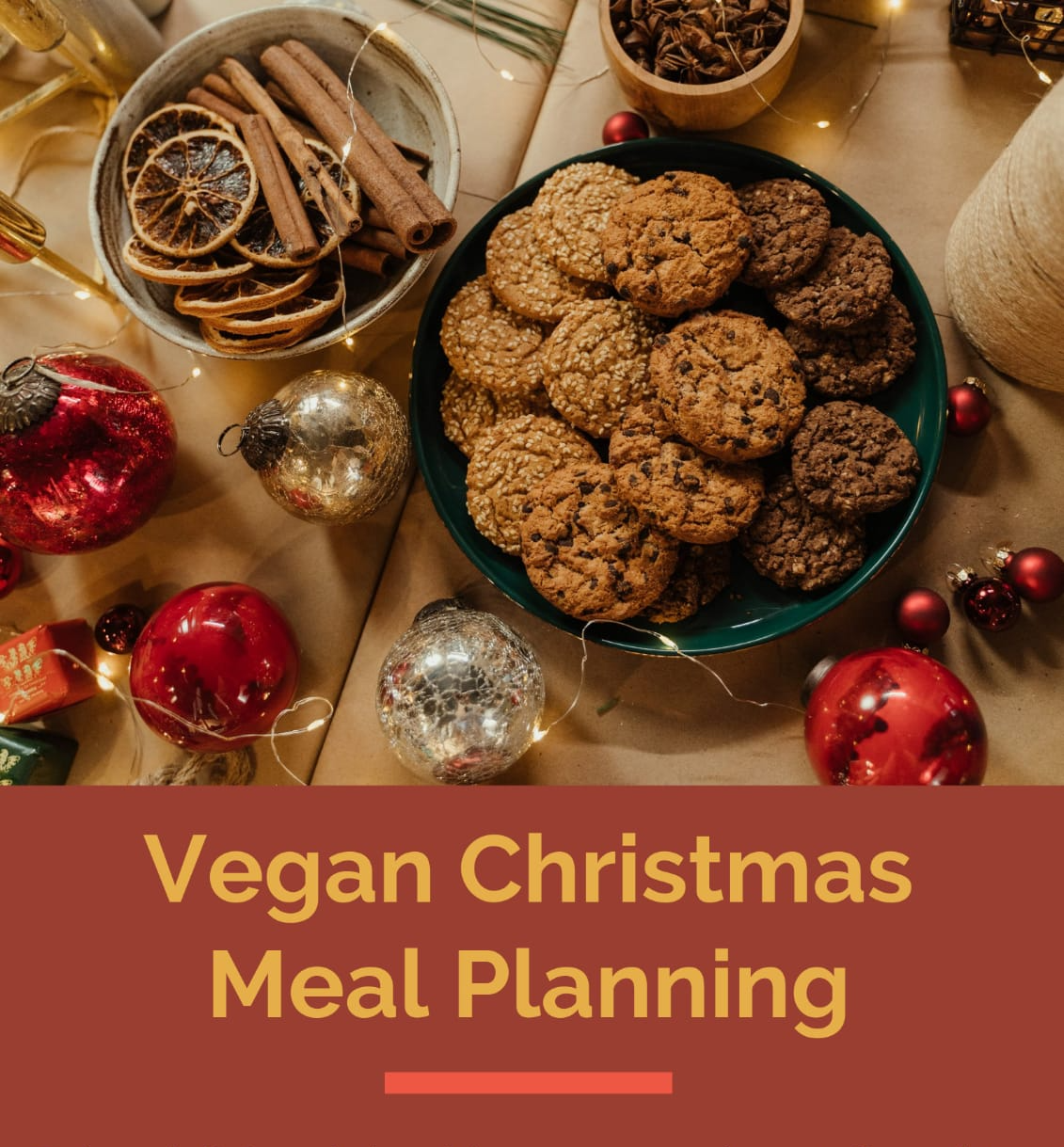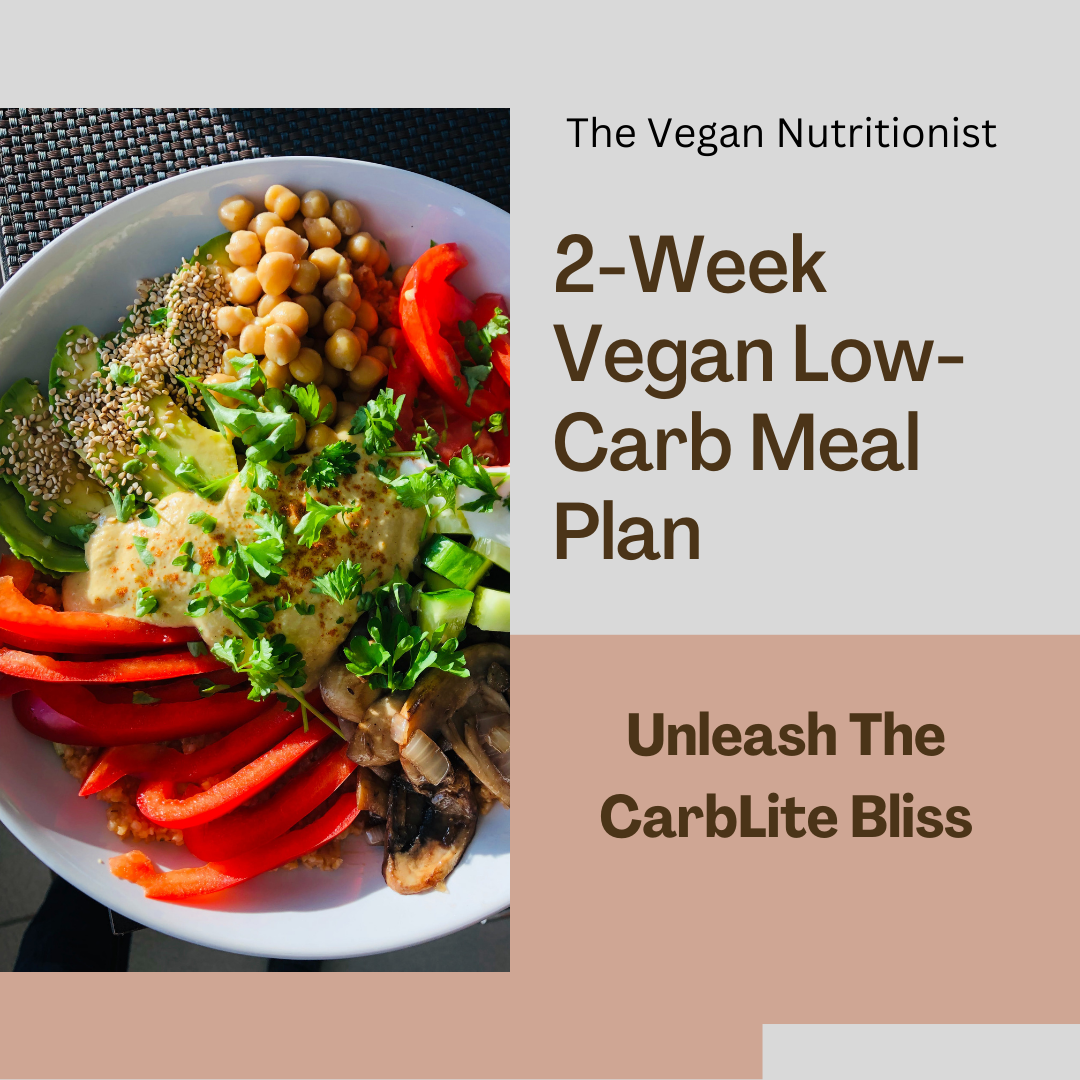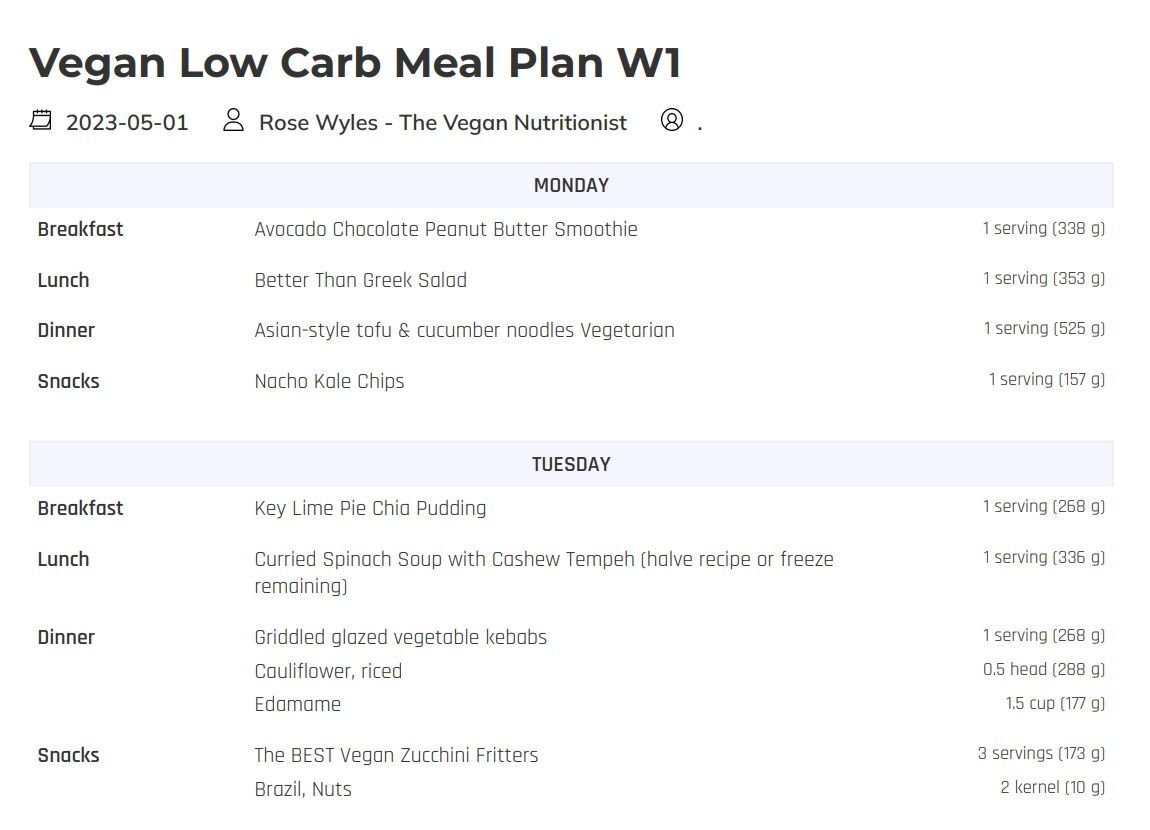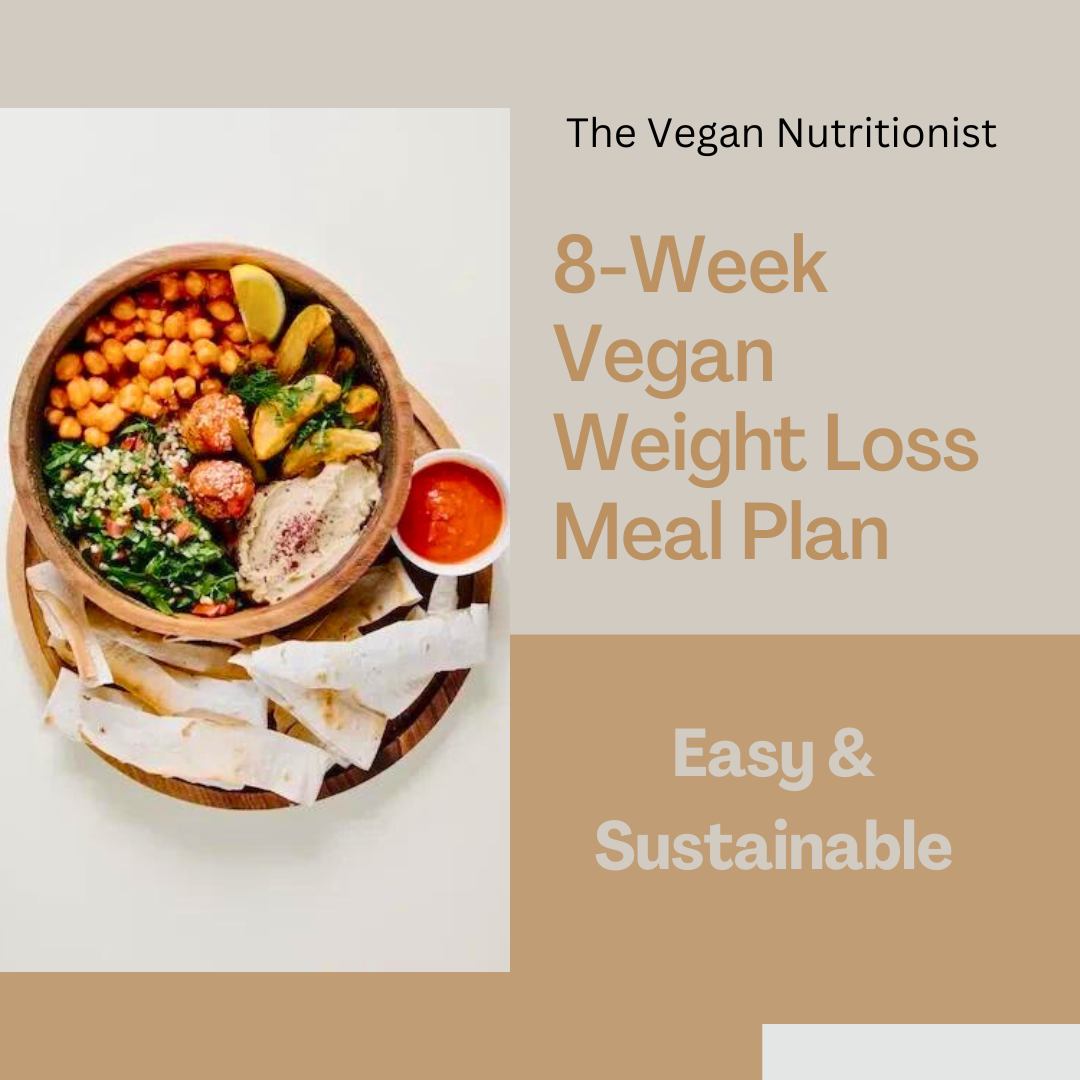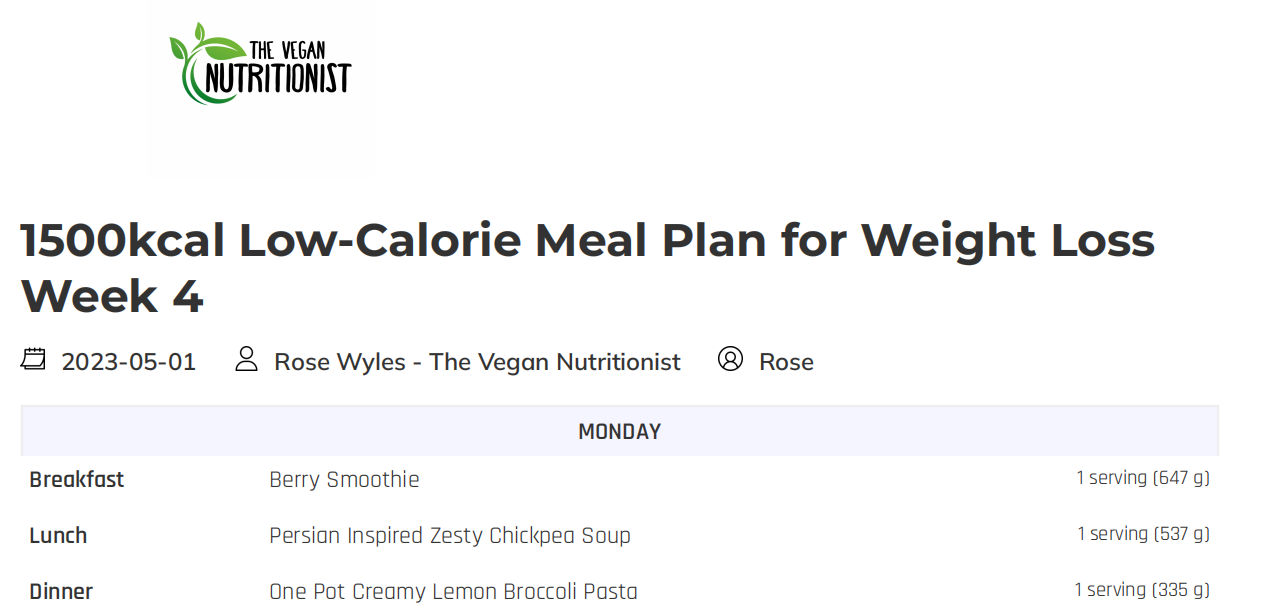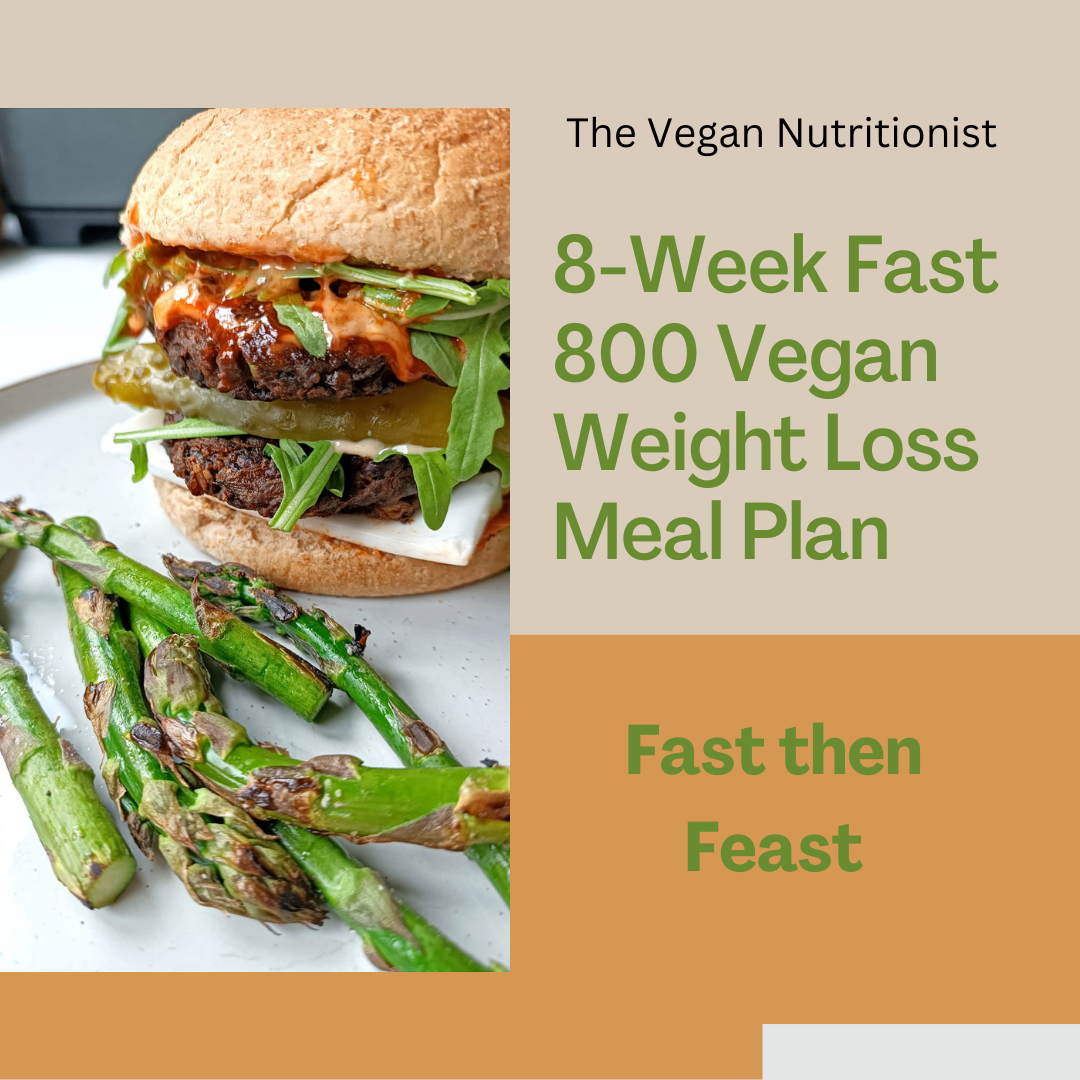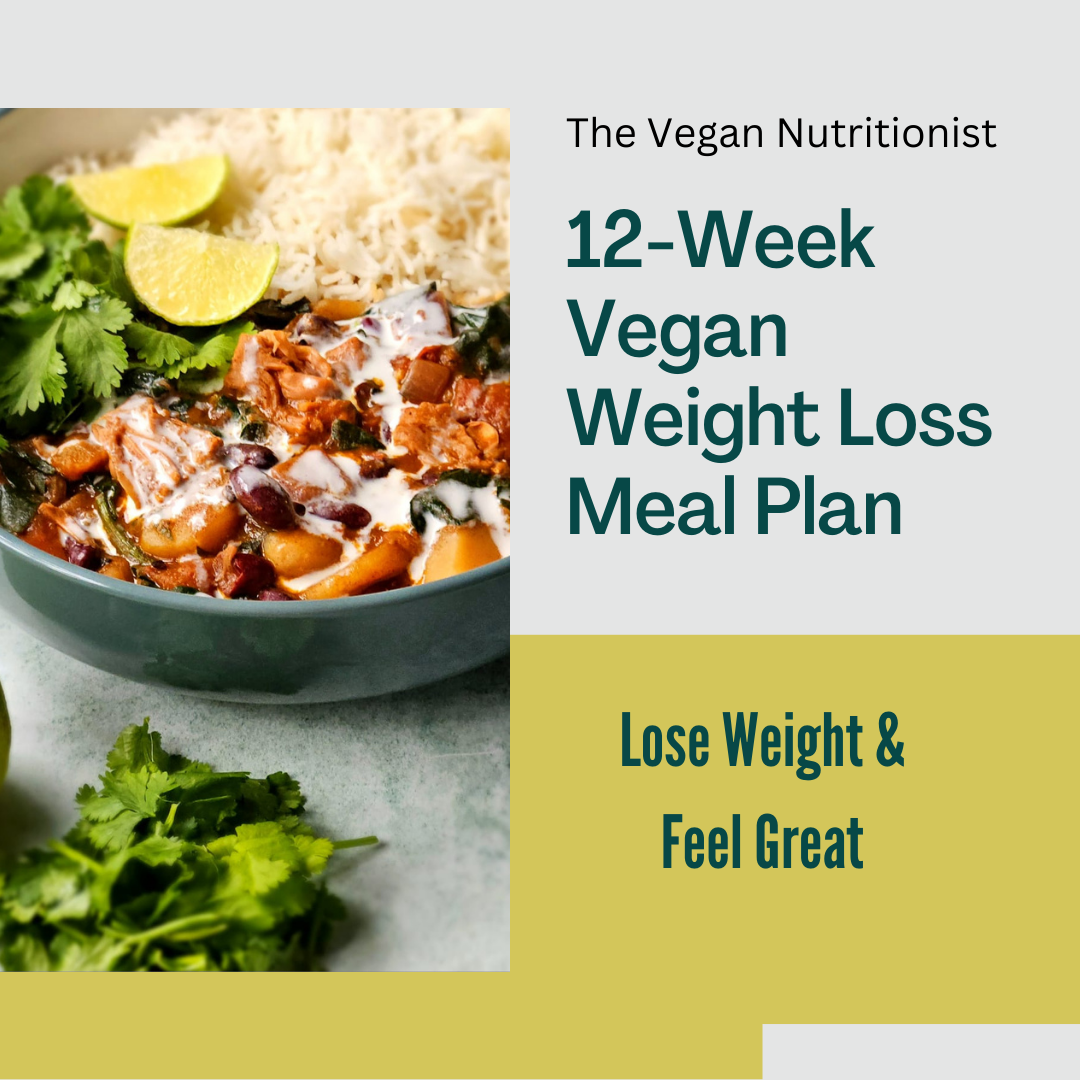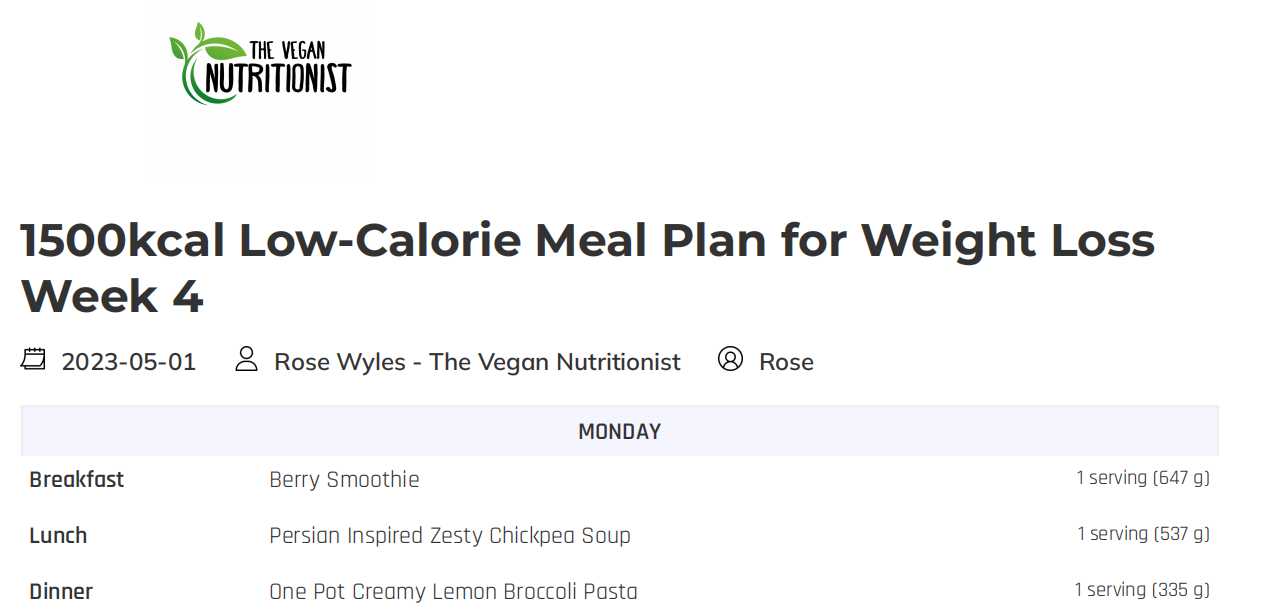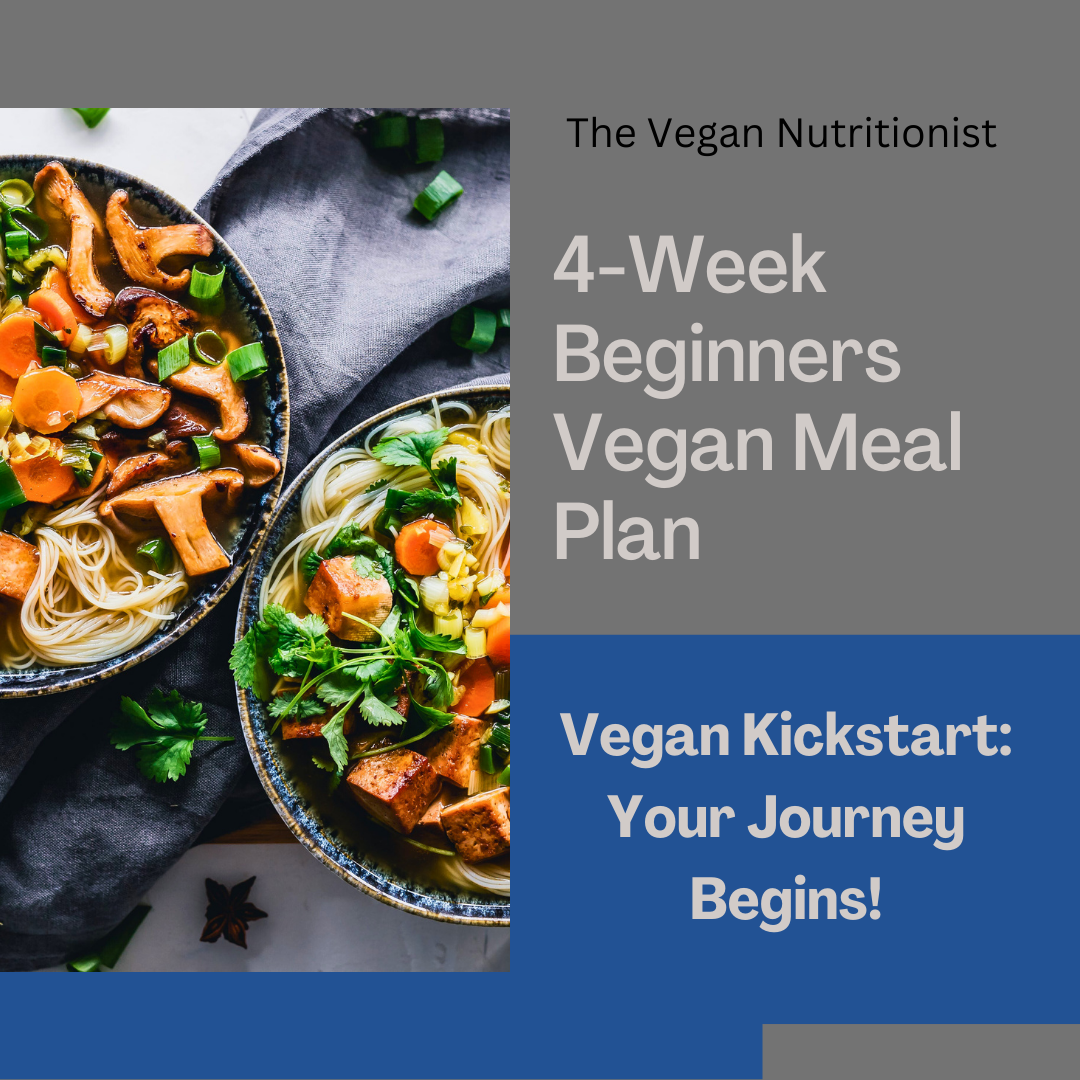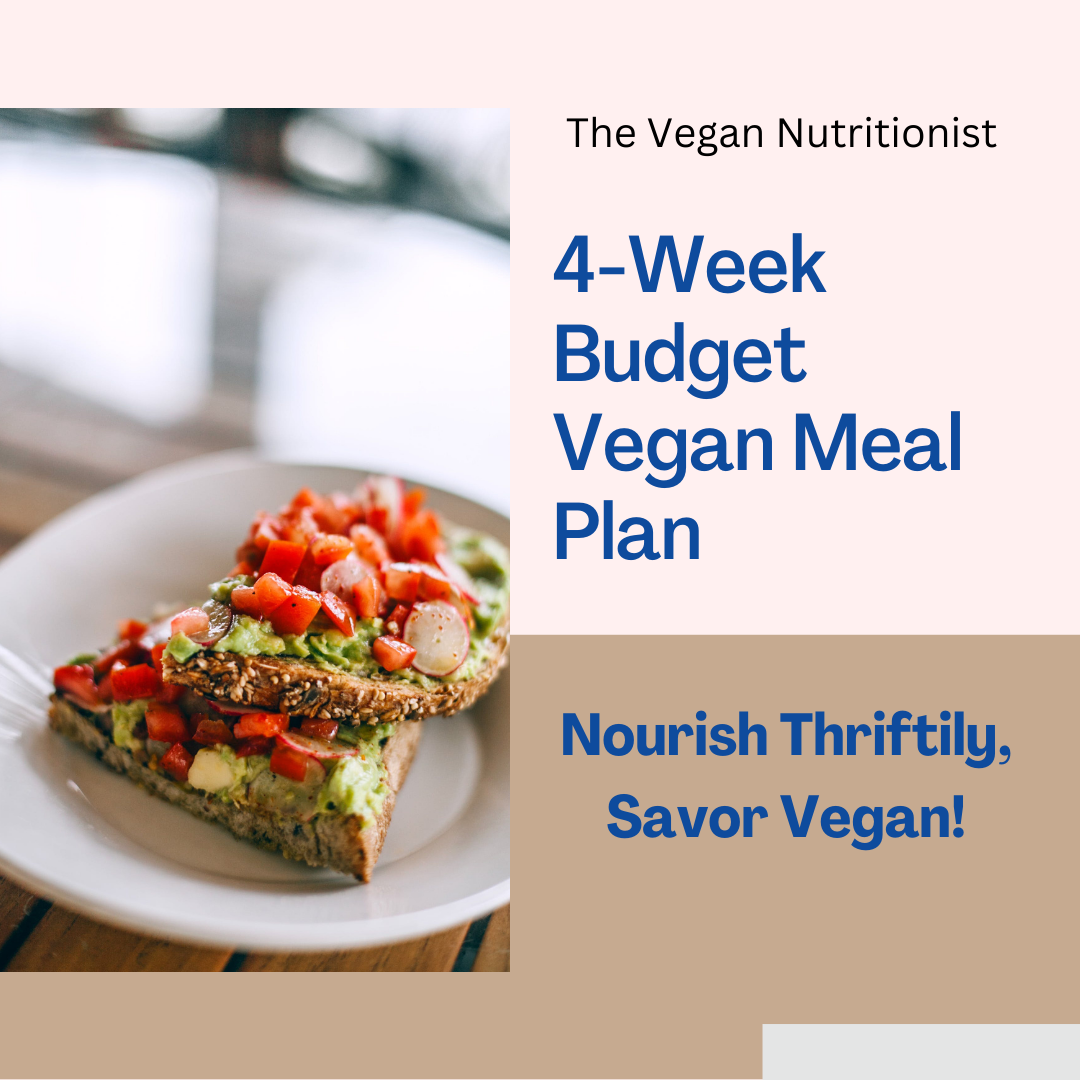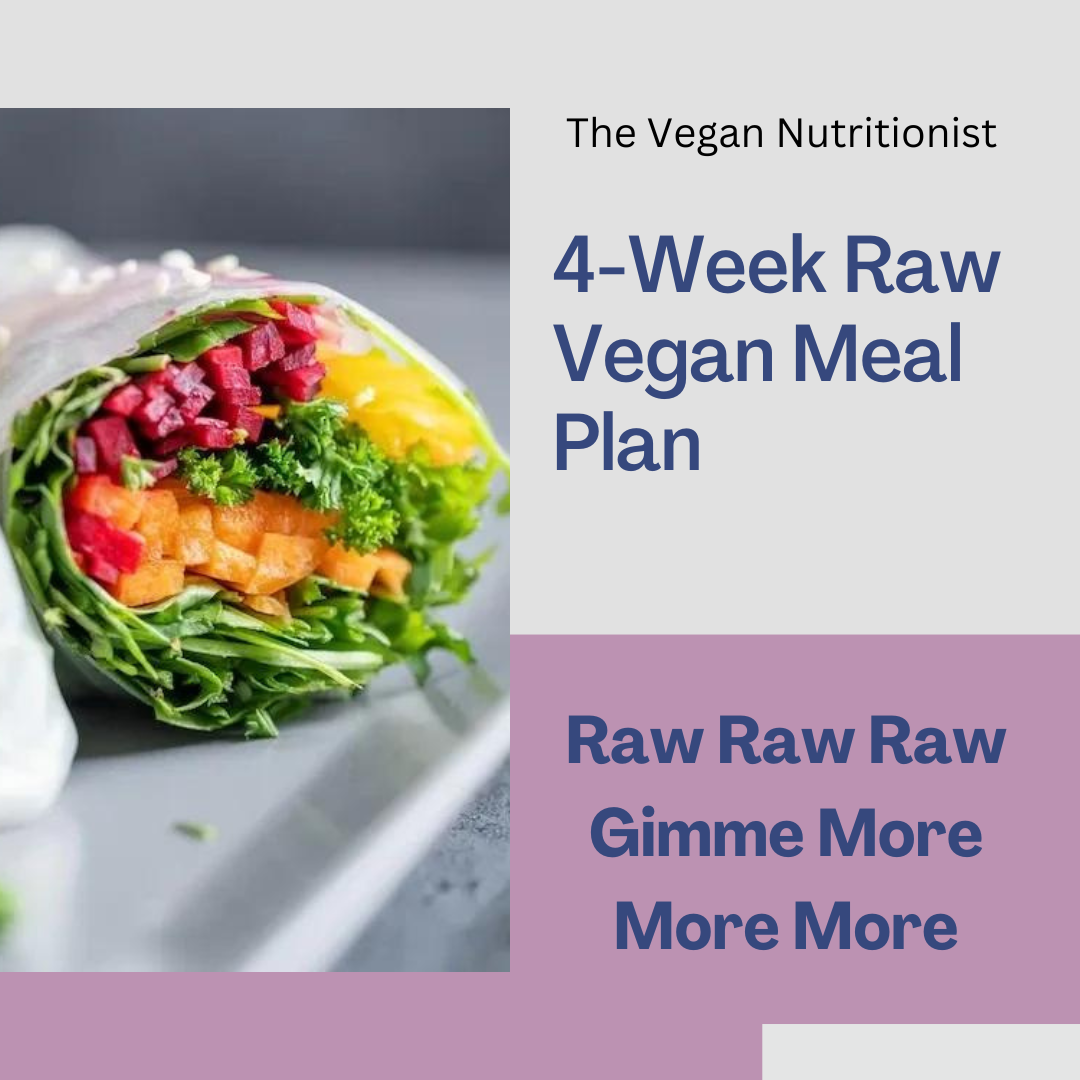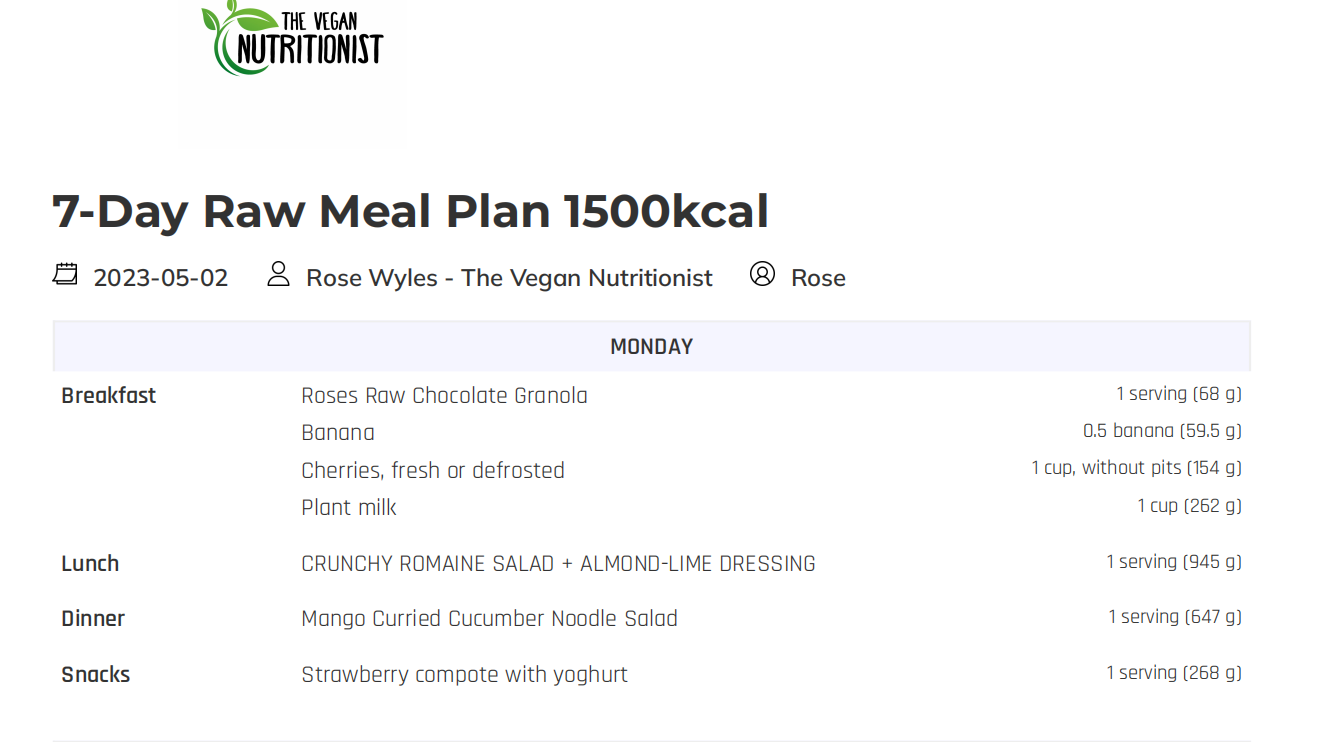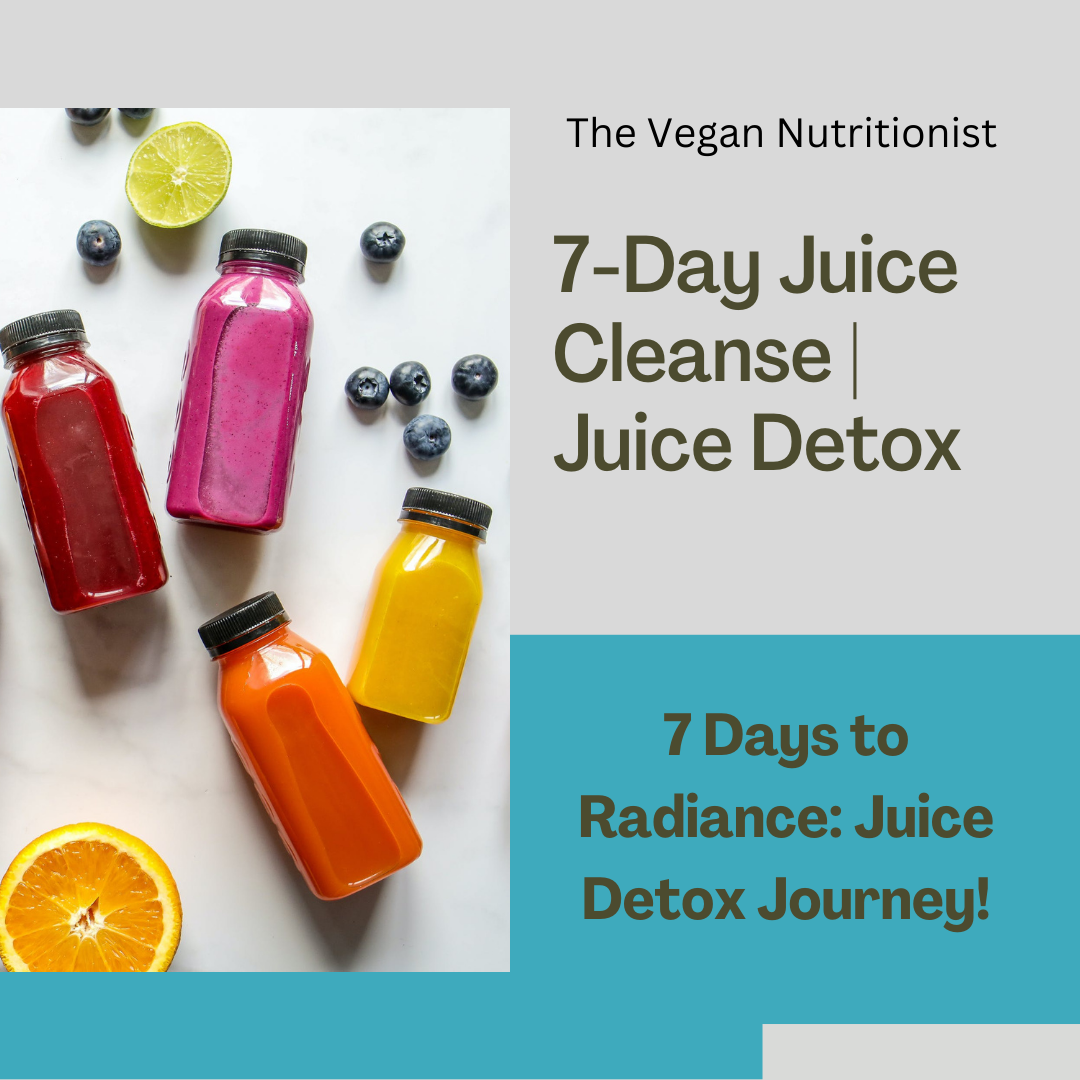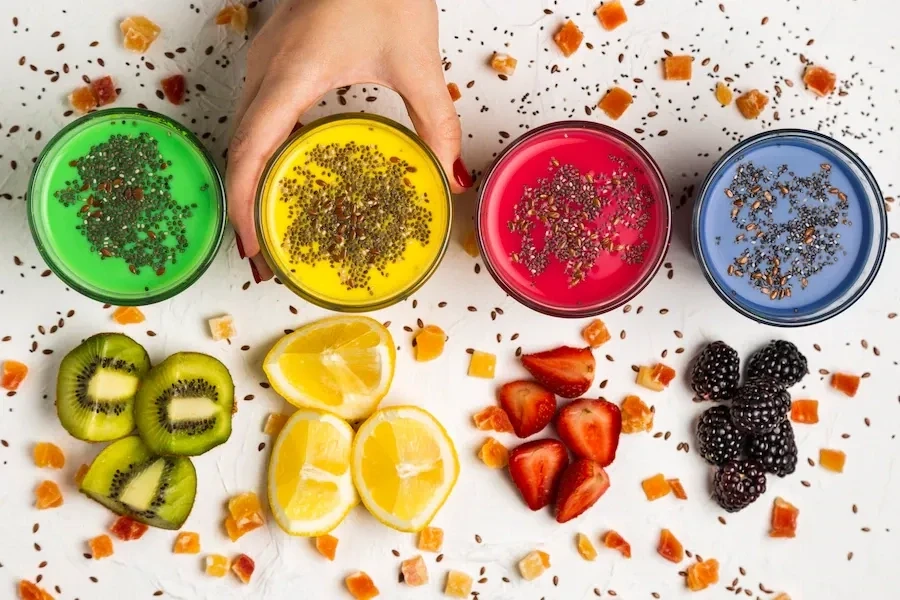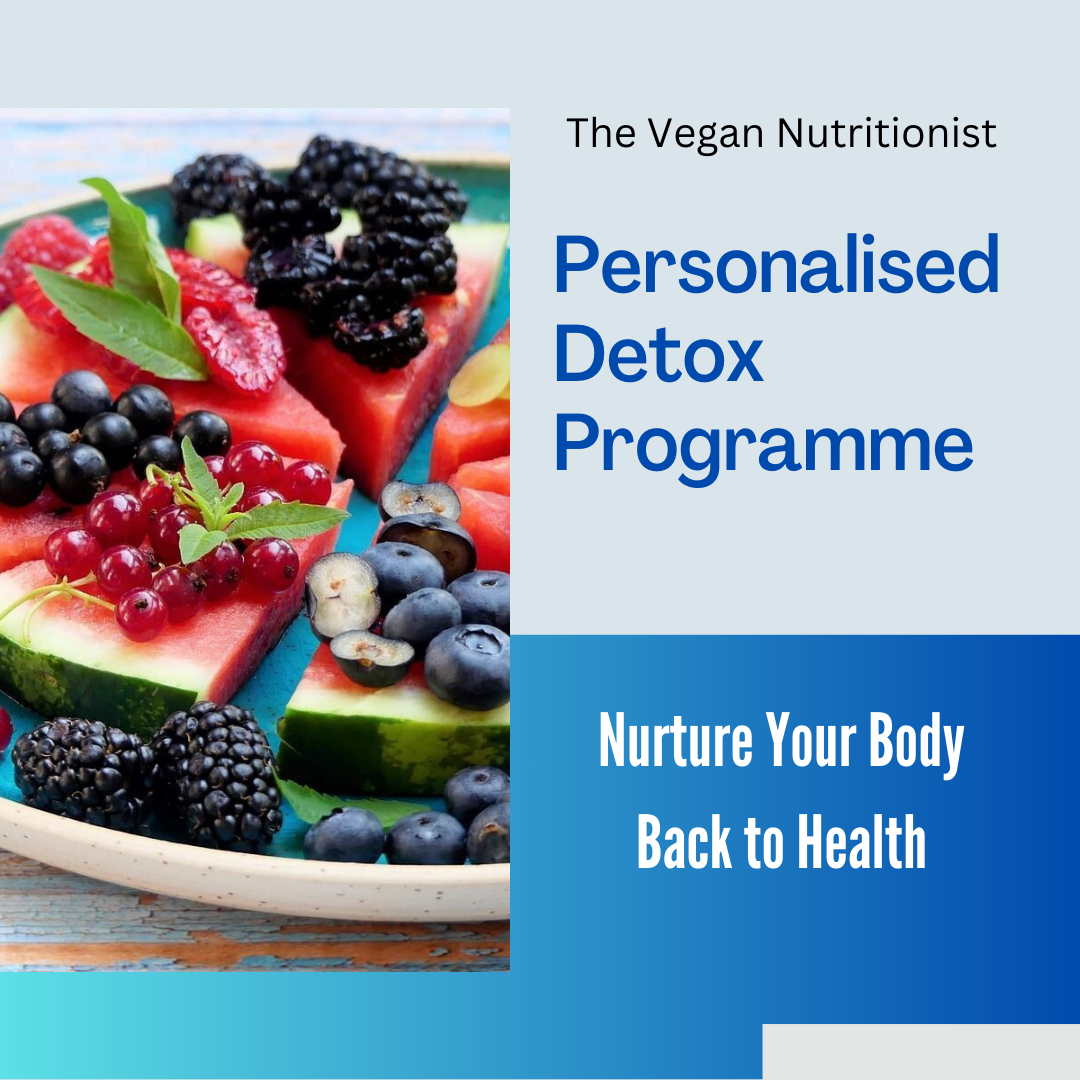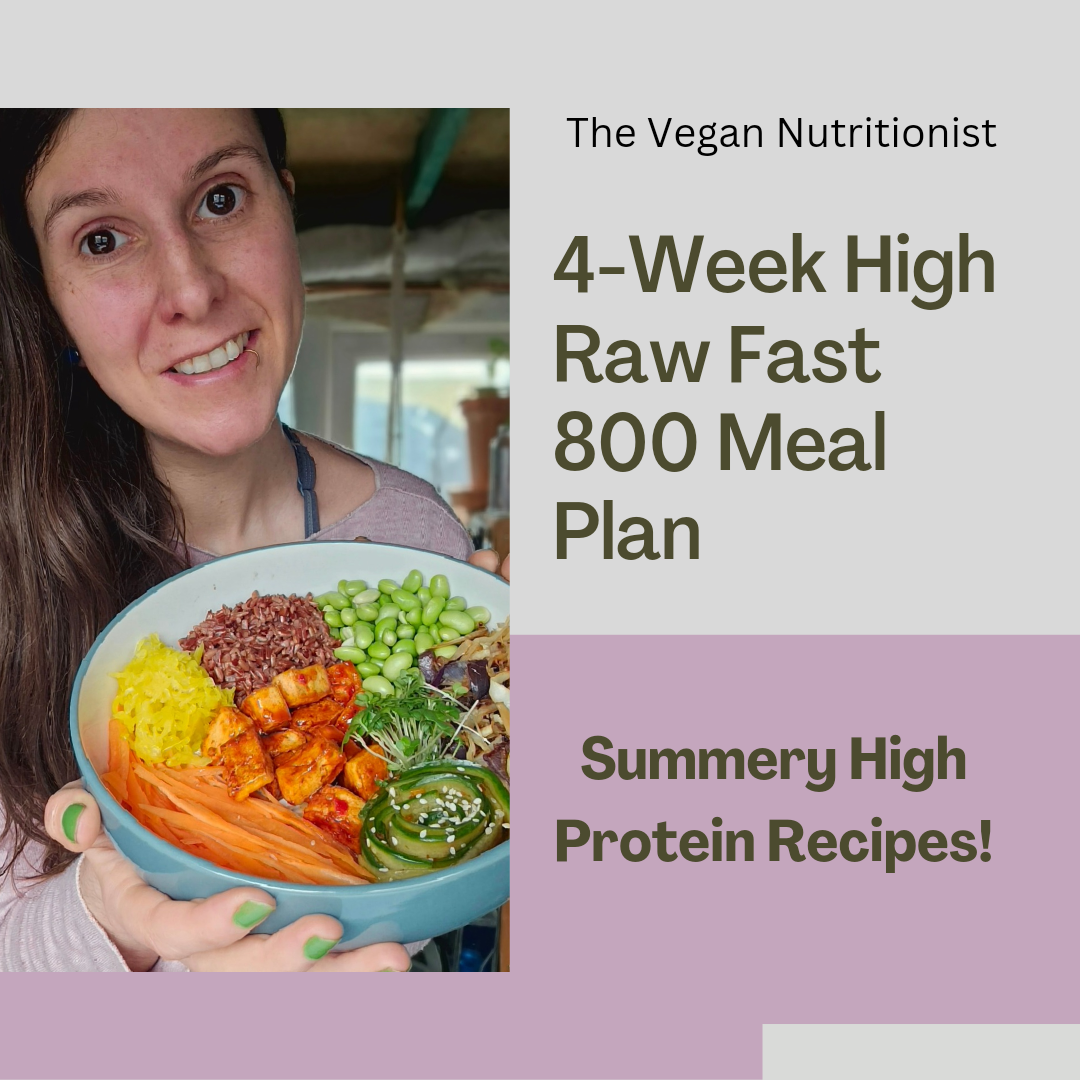The Role of Organic Vegan Foods in Disease Prevention and Management
In recent years there has been a surge of interest in both organic and vegan diets for preventing and aiding in the management of chronic diseases.
Vegan foods in particular have risen in popularity due to their evidence-backed health benefits and their ability to deliver key nutrients for achieving optimum health.
In this article we will examine how organic vegan foods in particular are helpful for both avoiding and treating chronic disease.

The Role of Organic Vegan Foods in Disease Prevention and Management
Key Nutrients in Organic Vegan Foods for Disease Prevention
Organic vegan foods are high in essential nutrients that are important for preventing illnesses. By including these vital nutrients in your meals, you can develop your immune system, maintain healthy biological processes, and lower your chance of developing chronic diseases.
Fiber is one of the important nutrients present in all plant foods. It is vital for blood sugar regulation, maintaining a healthy digestive system, as well as preventing constipation.
Besides, fiber facilitates satiety, which makes maintaining a healthy weight easier. Vegan foods like vegetables, fruits, nuts, legumes, and grains are good sources of fiber.
Vitamin C is another essential ingredient present in vegan foods. This potent antioxidant is essential for strengthening the immune system, lowering inflammation, and warding against a host of illnesses.
Examples of vegan foods that are high in Vitamin C are berries, citrus fruits, and leafy greens.
Furthermore, vegan foods contain omega-3 fatty acids, which are vital for heart health, inflammation reduction, and brain health. Walnuts, chia seeds, algae-based supplements, and flaxseeds are good plant-based sources of omega-3 fatty acids.

The Link Between Diet and Disease Prevention
Diet is a key factor in illness prevention and organic vegan foods have been demonstrated to significantly lower the risk of several health conditions.
Research has consistently shown that plant-based foods can reduce the risk of obesity, diabetes, heart disease, and some types of cancer (2).
Plant-based foods are naturally low in saturated fats and cholesterol, which are known to
aggravate heart disease. By reducing or eliminating animal products, people can substantially reduce their consumption of these groups of foods and enhance their cardiovascular health.
As well, the high fiber content of vegan foods lowers the risk of hypertension and helps to maintain healthy blood pressure levels. Plant-based foods also have been linked to a lower incidence of prostate, colon, and breast cancer, among other cancers.
Organic foods are known to offer protection because of their high antioxidant, phytochemical, and fiber content. These compounds assist the body's natural defenses against malignant cells, lessen inflammation, and neutralize free radicals.
Organic Vegan Foods and Heart Health
Heart disease is one of the leading causes of death globally, and diet plays an important in its prevention and management. Vegan foods provide many advantages for heart health, which makes them the best option for people trying to enhance their cardiovascular health.
Vegan foods are low in cholesterol and saturated fats, which is one of their main benefits for heart health. Animal products like dairy and meat are sources of these hazardous substances that can heighten the risk of heart disease. By opting for vegan foods, you can greatly lower your intake of cholesterol and saturated fats, protecting your heart health in the process.
Again, organic vegan foods are high in heart-healthy nutrients, for instance, antioxidants and fiber. Fiber has a vital role in maintaining healthy blood pressure and lowering cholesterol, two factors that are essential for cardiovascular health. On the other hand, antioxidants assist in lowering oxidative stress and inflammation, both of which are linked to heart disease.
Furthermore, vegan foods are usually lower in sodium, which is another significant cause of high blood pressure. By consuming more plant-based foods and less sodium, you can maintain your blood pressure and lower your risk of heart disease.

Organic Vegan Foods and Weight Management
Keeping a healthy weight is vital for general health and illness prevention.
Vegan foods can be very helpful in managing weight because they are higher in fiber, have fewer calories, and are more nutrient-dense than animal products.
Vegan foods are high in fiber, which helps in promoting feelings of satiety and fullness. Consuming foods high in fiber helps people cut back on calories and prevent overindulging.
Furthermore, fiber facilitates blood sugar regulation and aids in digestion, avoiding the spikes and crashes that may trigger overindulgence and cravings.
Likewise, compared to animal products, vegan foods generally have a lower calorie density. This implies that people can eat more plant-based food in proportion to their calorie intake, which increases feelings of pleasure and lowers calorie intake.
You can improve your general well-being and maintain a healthy weight by increasing the amount of organic vegan foods in your diet.
Organic Vegan Foods and Cancer Prevention
Cancer is an devastating disease that affects millions of individuals across the world. Although genetics plays a part in the development of cancer, lifestyle, and dietary choices can have a major impact on a person's chance of developing a particular type of cancer. It has been demonstrated that eating a lot of antioxidant-rich, phytochemical-rich, and fiber-rich organic vegan foods can protect against different cancers.
Antioxidants aid in the neutralization of free radicals, which have the potential to harm cells and have a role in the development of cancer. Organic vegan foods like berries, cruciferous vegetables, and leafy greens are high in antioxidants that can help lower the risk of cancer.
Research has demonstrated the anti-cancer benefits of phytochemicals, another class of
advantageous components present in organic vegan foods (3). For instance, lycopene, a
phytochemical present in tomatoes and melons, has been connected to a lower incidence of
prostate cancer.
Similarly, it has been demonstrated that the phytochemical sulforaphane, which is prevalent in broccoli as well as other cruciferous vegetables, has anti-cancer properties.
Moreover, the high fiber content of vegan foods plays an important role in the prevention of cancer. Fiber helps enhance regular bowel movements, shortening the time that possible carcinogens are in contact with the colon lining. Besides, fiber helps the body rid itself of waste materials and poisons, which lowers the risk of colon cancer.

Incorporating Organic Vegan Foods into Your Diet
Including organic vegan foods in your diet does not have to be difficult. You may begin to reap the many health benefits of a plant-based diet with a few easy steps.
First, make it a point to include a wide range of vegetables and fruits in your daily meals. To guarantee a varied spectrum of nutrients, try to eat a variety of colors and varieties of produce. Try different flavors and dishes to make your food enjoyable.
Second, incorporate legumes, whole grains, and nuts into your diet on a regular basis. These foods are an excellent source of fiber, protein, and essential minerals and vitamins. Try incorporating them into your meals in inventive ways, such as integrating chickpeas into salads, making stir-fries with quinoa as the base, or snacking on a handful of mixed nuts.
Also, explore several plant-based protein sources like seitan, tempeh, and tofu. These vegetarian alternatives to meat are satiating and nourishing and may be utilized in a range of prepared dishes.
Finally, remember how important it is to stay hydrated. Water helps sustain the best possible functioning of the body and is necessary for general health. Ensure that you take enough water all through the day to remain hydrated and enhance your body's natural functions.
Conclusion
In summary, organic vegan foods are essential for managing and preventing disease. By
choosing plant-based alternatives, you can improve your general well-being and also make a positive impact on the environment.
Organic vegan foods provide several health benefits, including nutrient richness, defense against chronic illnesses, and decreased exposure to hazardous chemicals and pesticides.
By incorporating essential nutrients present in organic vegan foods, such as omega-3 fatty acids, vitamin C, and fiber, you can enhance your immune system, manage your weight, maintain your heart health, and lower your risk of developing cancer.
It doesn't have to be challenging to include organic vegan foods in your diet. You can enjoy tasty and nourishing meals and reap the benefits of a plant-based diet by focusing on a range of vegetables, fruits, whole grains, legumes, and nuts.
Adopt a healthier lifestyle and realize how it benefits your overall well-being and the
environment around you. Take a step toward managing diseases and preventing health issues by starting today.
For More on This Topic
If you would like to read more about organic vs non-organic foods, please check out my article here.
I also have several other articles about the importance of juicing organic foods for health including: Boosting your immune response with freshly squeezed orange juice, and the health benefits of organic apple juice. Also of interest, is this article on beetroot juice for diabetics.
For professional assistance in adopting a healthy and nutritious plant-based diet, kindly reach out to me using the form provided below. I can help you address any possible nutrient deficiencies or health concerns and ensure that your nutritional needs are met through the consumption of plant-based foods.
Additionally, use my services to create a customised plan for reaching your health and wellness goals which includes personalised meal plans, nutritional advice, tasty plant-based recipes, and more.
Be sure to subscribe to my newsletter at the bottom of this page for free recipes, special offers, and nutrition related content.
References
2. A plant-based diet for the prevention and treatment of type 2 diabetes - PubMed (nih.gov)
Author: Ken Tobby
Ken Tobby is a food scientist with a comprehensive understanding of the scientific principles
underlying organic food production, processing, and safety. Through his blog
Organic Solace, he is committed to providing his audience with expert information and resources regarding organic foods and products that are not only good for their health but also good for our planet.
Share this Post!

Reach out by sending me an email
Need assistance with your diet or health goals? I'm here to help. Send me a message and I'll be in touch.










